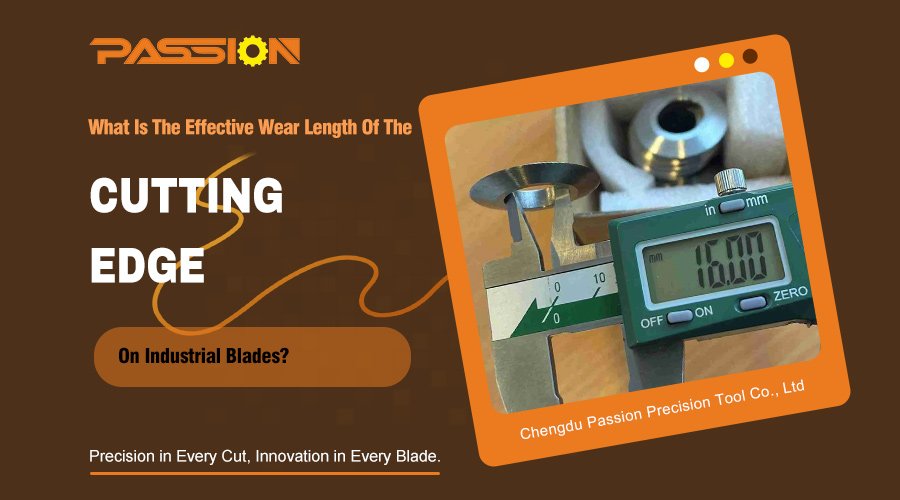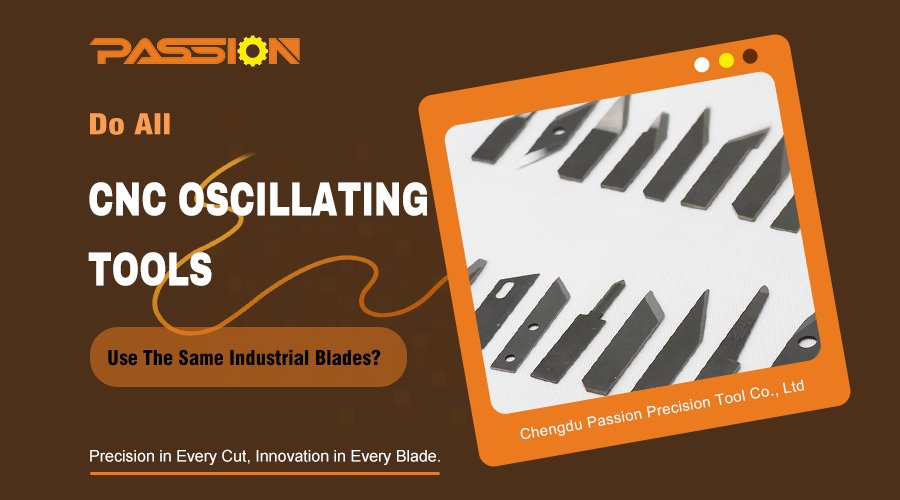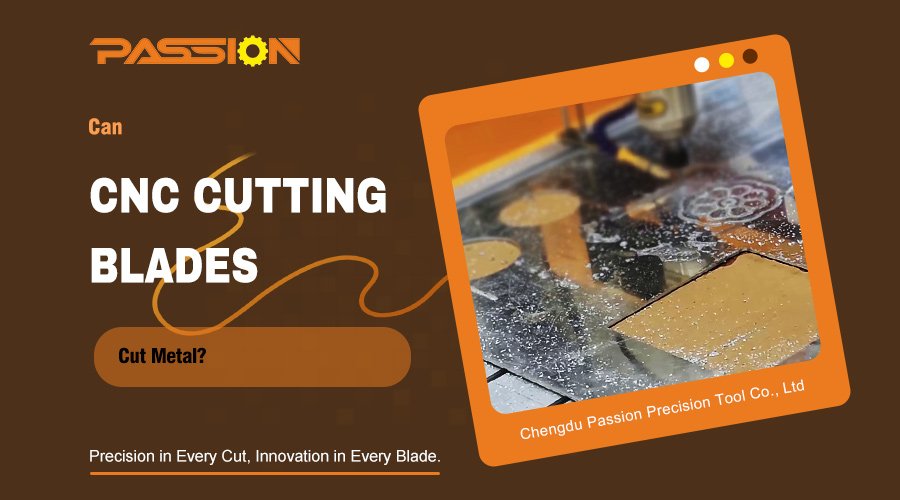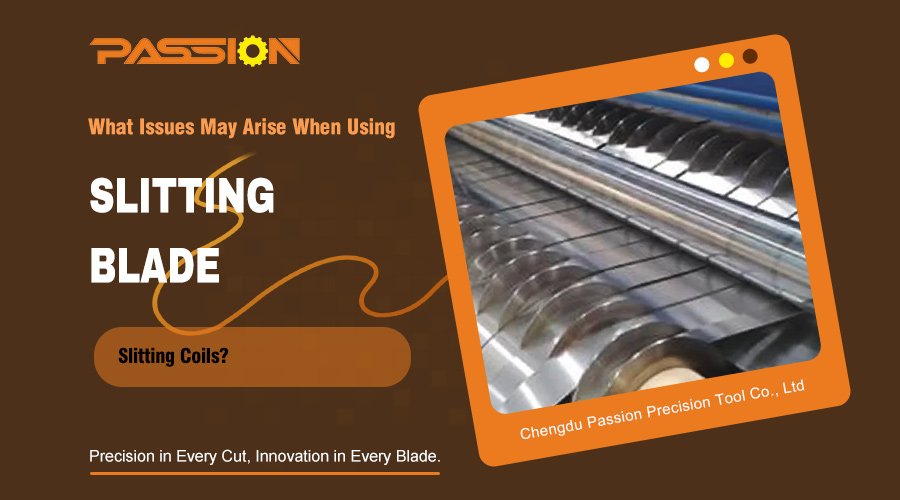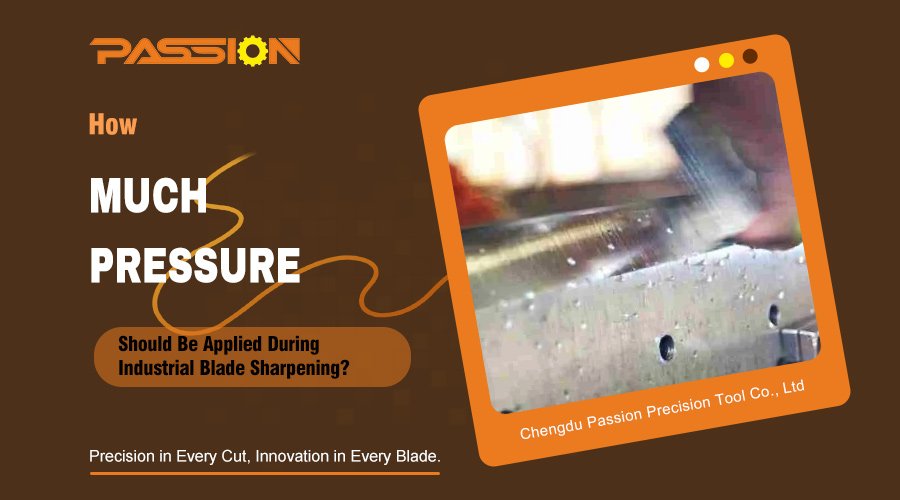Tool steel plays a critical role in manufacturing industrial blades, providing the hardness, wear resistance, and durability necessary for high-precision cutting, shaping, and forming operations. With various types of tool steel available, selecting the right one ensures optimal blade performance and efficiency. This guide explores the six main types of tool steel, their properties, and their applications in industrial blades.
Industrial blades are typically crafted from six main types of tool steel: water-hardening, cold-work, shock-resisting, high-speed, hot-work, and special-purpose steels. Each type offers unique properties suited to specific cutting and industrial processes. For instance, water-hardening tool steels work well for basic cutting tools, while high-speed steels excel in high-heat environments. Selecting the right tool steel ensures your industrial blades deliver superior performance, durability, and precision.
1. Water-Hardening Tool Steels In Industrial Blades
Water-hardening tool steels (W-grade) are cost-effective for basic industrial blade applications. These steels harden through water quenching, achieving excellent hardness for light-duty cutting tasks.
Properties:
High hardness but low shock resistance.
Cost-effective for less demanding tasks.
Prone to cracking under thermal stress.
Applications In Industrial Blades:
Blades for light-duty cutting tools such as paper and cardboard.
Low-cost blades for manual tools.
2. Cold-Work Tool Steels For Precision Blades
Cold-work tool steels are a popular choice for industrial blades due to their exceptional wear resistance and ability to maintain dimensional stability. They include oil-hardening (O-grade), air-hardening (A-grade), and high-carbon, high-chromium (D-grade) steels.
Properties:
Excellent edge retention.
High toughness and minimal deformation.
Resistant to wear and abrasion.
Applications In Industrial Blades:
Slitting blades for sheet metal and textiles.
Punch and die sets used in manufacturing.
Cutting tools for high-precision tasks in packaging and printing industries.
Cold-work tool steels are ideal for applications where precision and durability are paramount, such as PassionBlade’s high-performance slitting knives.
3. Shock-Resisting Tool Steels For Heavy-Duty Blades
Shock-resisting tool steels (S-grade) absorbs heavy impacts without cracking, making them ideal for industrial blades exposed to intense stress.
Properties:
Exceptional toughness and resistance to cracking.
Moderate wear resistance.
Reliable performance under repeated impact.
Applications In Industrial Blades:
Heavy-duty industrial shears for metal and plastic.
Blades used in demolition or recycling applications.
Cutting tools for high-impact operations, such as concrete and masonry cutting.
If your operations involve impact-intensive tasks, S-grade tool steels ensure blade longevity and reliability.
4. High-Speed Tool Steels For Heat-Resistant Blades
High-speed tool steels (HSS) are engineered for industrial blades operating under extreme heat and high-speed conditions. These steels maintain their cutting edge and hardness, even in high-temperature environments.
Properties:
Outstanding thermal stability.
High wear resistance for prolonged usage.
Alloyed with tungsten, molybdenum, and vanadium for superior durability.
Applications In Industrial Blades:
Rotary and circular knives used in high-speed cutting lines.
Industrial blades for sawing, milling, and drilling applications.
High-performance cutting tools for woodworking and metal fabrication.
HSS is the premier material for industries that require stable, high-precision cutting at high speeds.
5. Hot-Work Tool Steels For High-Temperature Cutting
Hot-work tool steels (H-grade) are designed for industrial blades that operate under prolonged heat exposure. These steels resist thermal fatigue and deformation, ensuring consistent performance.
Properties:
Exceptional resistance to thermal stress and wear.
High toughness for prolonged use.
Stability in high-temperature environments.
Applications In Industrial Blades:
Blades used in extrusion and die casting operations.
Industrial cutters for glass and plastics.
Molds and die-cutting tools.
Industrial knives crafted from hot-work steels ensure reliability even in the most challenging high-temperature cutting environments.
6. Special-Purpose Tool Steels For Unique Blades
Special-purpose tool steels include highly customizable options tailored for niche applications. These steels, such as plastic mold tool steels, are designed for specific industrial requirements.
Properties:
Tailored to meet unique application needs.
Balanced wear resistance, toughness, and machinability.
Applications In Industrial Blades:
Blades for plastic molding and injection operations.
Specialty cutters for precision applications.
Custom industrial knives for tailored manufacturing processes.
With two advanced factories and 150 production units, PassionBlade specializes in crafting customizable industrial blades from special-purpose tool steels to match your exact specifications.
Frequently Asked Questions About Tool Steels In Industrial Blades
Is 4140 Considered Tool Steel?
4140 is not a traditional tool steel but an alloy steel. Its versatility makes it suitable for industrial applications, but it lacks the hardness and wear resistance of traditional tool steels like D2 or H13.
What Is The Difference Between D2 And A2 Tool Steel?
D2 and A2 are both cold-work tool steels, but their properties differ:
D2 Tool Steel: High wear resistance, excellent for heavy-duty cutting blades in long production runs.
A2 Tool Steel: Better toughness and shock resistance, making it ideal for more versatile blade applications.
What Is the Best Grade Of Tool Steel For Industrial Blades?
The best grade depends on the application:
For extreme wear resistance: D2.
For heat-intensive operations: HSS or H13.
For impact resistance: S-grade.
Tool Steel Composition In Industrial Blades
The performance of tool steels used in industrial blades stems from their unique composition:
Carbon: Enhances hardness and edge retention.
Chromium: Boosts toughness and wear resistance.
Vanadium & Molybdenum: Provide high thermal stability and durability.
PassionBlade ensures that all tool steels used in our industrial blades meet these high standards for optimal performance.
Selecting the right type of tool steel is crucial for ensuring the performance and longevity of industrial blades. From high-speed cutting tools to durable slitting knives, each type of tool steel offers unique benefits that cater to specific applications.


